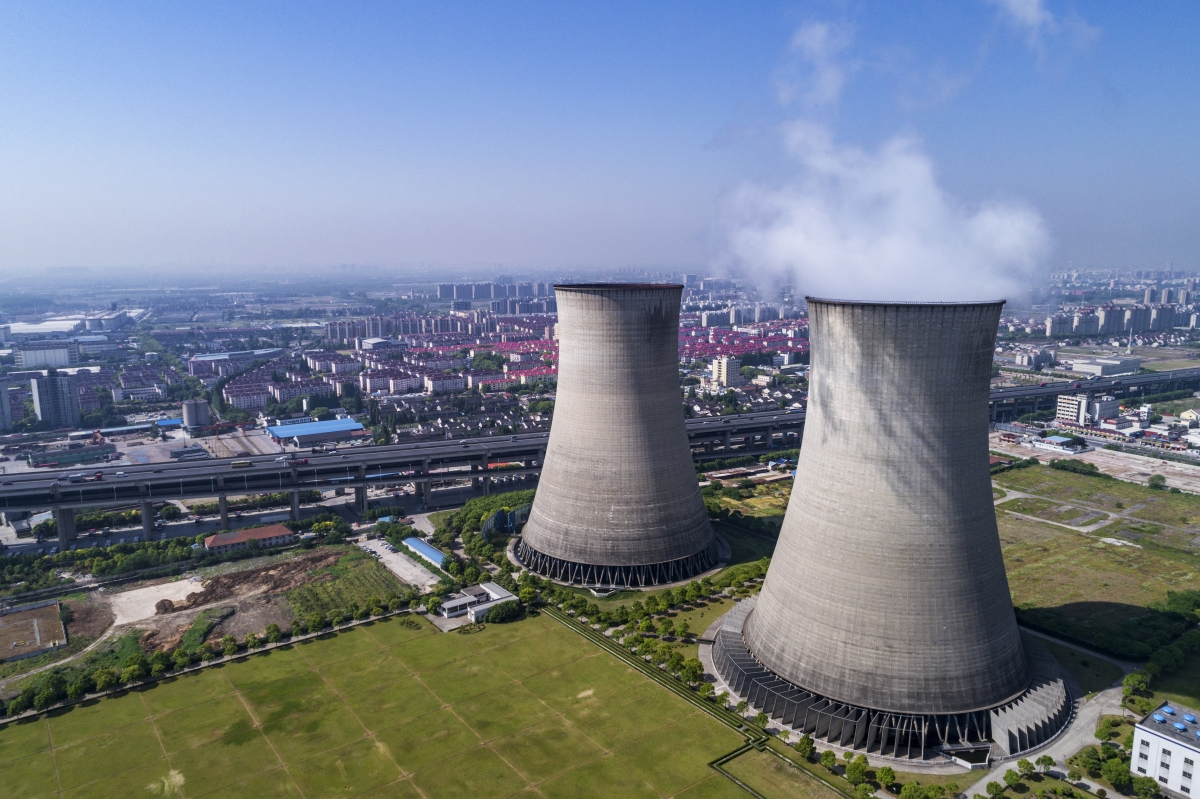China’s Thirst For Coal is Economically Shortsighted and Environmentally Reckless
Washington Post

(Owngarden/Getty Images)
The following is an excerpt of ASPI President Kevin Rudd's op-ed originally published in The Washington Post.
Carbon emissions have fallen in recent months as economies have been shut down and put into hibernation. But whether the world will emerge from the pandemic in a stronger or weaker position to tackle the climate crisis rests overwhelmingly on the decisions that China will take.
China, as part of its plans to restart its economy, has already approved the construction of new coal-fired power plants accounting for some 17 gigawatts of energy this year, sending a collective shiver down the spines of environmentalists. This is more coal plants than it approved in the previous two years combined, and the total capacity now under development in China is larger than the remaining fleet operating in the United States.
At the same time, China has touted investments in so-called “new infrastructure,” such as electric-vehicle charging stations and rail upgrades, as integral to its economic recovery. But frankly none of this will matter much if these new coal-fired power plants are built.
To be fair, the decisions to proceed with these coal projects largely rest in the hands of China’s provincial and regional governments and not in Beijing. However, this does not mean the central government has no power, nor that it won’t wear the reputational damage if the plants become a reality.
First, it is hard to see how China could meet one of its own commitments under the 2015 Paris climate agreement to peak its emissions by 2030 if these new plants are built. The pledge relies on China retiring much of its existing and relatively young coal fleet, which has been operational only for an average of 14 years. Bringing yet more coal capacity online now is therefore either economically shortsighted or environmentally reckless.